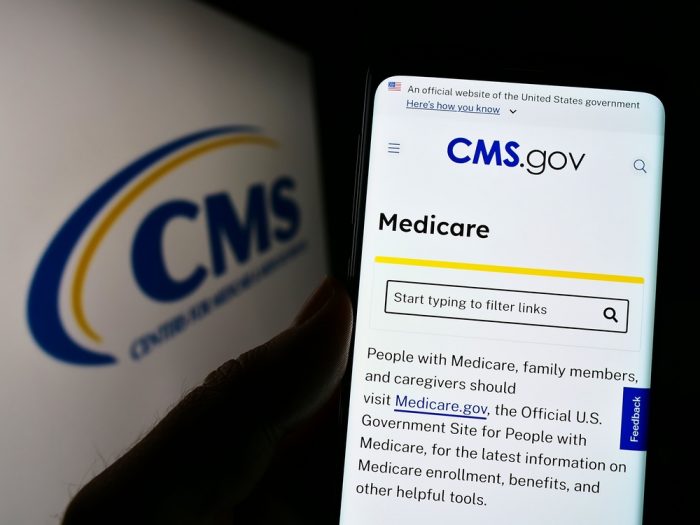The Centers for Medicare and Medicaid Services (CMS) recently released their CMS Fast Facts resource document for 2022 – 2025. The document includes summary information on Medicare and Medicaid total program enrollment, utilization, and expenditures, as well as the total number of Medicare providers, including physicians by specialty area.
There are a number of new items provided in 2025:
- Medicare Populations, Calendar Year (CY) 2024
- Medicaid & Children’s Health Insurance Program (CHIP) Populations, CY 2024
- Medicare Deductibles, Coinsurance, Premiums, CY 2025
- Original Medicare Persons Served and Payments by Type of Service, CY 2023
- Medicare Part D Utilization and Expenditures, CY 2023
- Medicaid & CHIP Payments by Type of Service, FY 2023
- Medicare Institutional Providers, CY 2023
- Medicare Non-Institutional Providers by Specialty, CY 2023
- Medicare Durable Medical Equipment Prosthetics, Orthotics & Supplies (DMEPOS) Providers by Specialty, CY 2023
- Medicare Prepaid Contracts, February 2025
- National Health Expenditures, CY 2023
- CMS Financial Data, FY 2024












